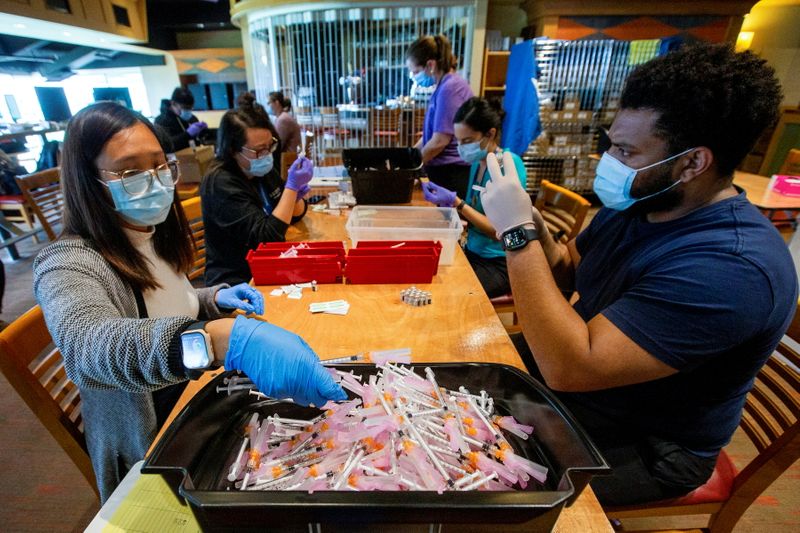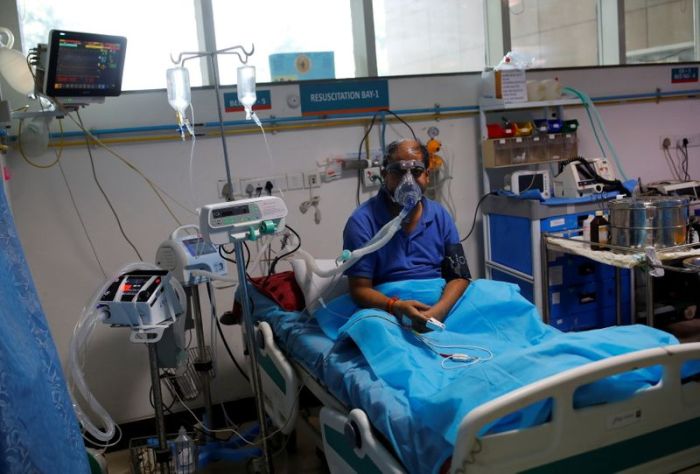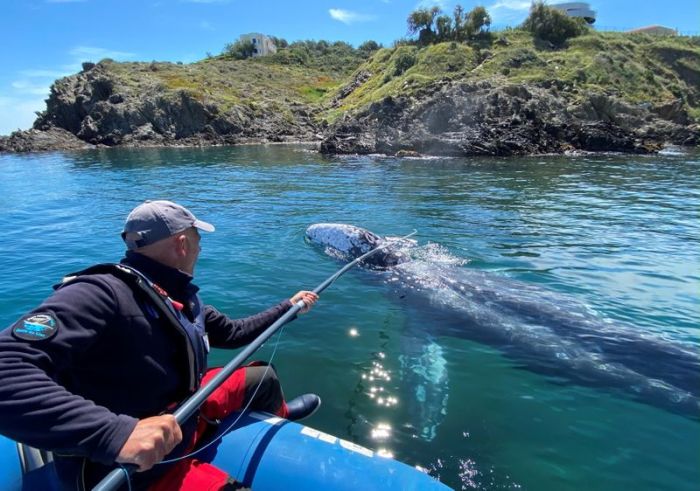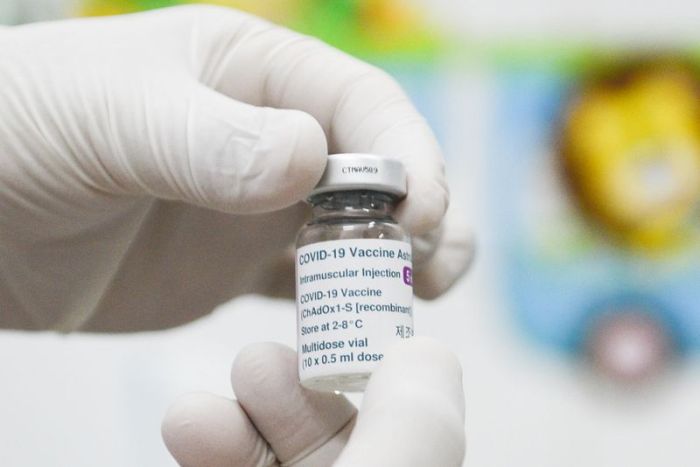OTTAWA (Reuters) – Canada is ready to discuss an intellectual property rights (IP) waiver for COVID-19 vaccines and will not block one even though it stresses the importance of protecting patents, officials said on Friday.
U.S. President Joe Biden on Wednesday threw his support behind waiving IP rights for COVID-19 vaccines. Any such waiver would have to be negotiated through the World Trade Organization (WTO).
“We’ve been working with partners at the WTO to find a consensus-based solution and are ready to discuss proposals, in particular for COVID-19 vaccines,” Prime Minister Justin Trudeau told reporters.
Biden’s proposal angered pharmaceutical companies. Firms working on vaccines have reported sharp revenue and profit gains during the crisis.
Canadian International Trade Minister Mary Ng earlier said that Ottawa firmly believed in the importance of protecting IP.
“I can assure you Canada is not interfering or blocking. Canada is very much working to find a solution,” said Trudeau, who did not give details of the Canadian negotiating stance.
Ng said Ottawa recognized how much the pharmaceutical industry had done to innovate COVID-19 vaccines, adding that many barriers to access were unrelated to IP, such as supply-chain constraints.
Canada is trying to quell a third wave of the coronavirus pandemic that is pushing some healthcare systems to breaking points, particularly in the western provinces of Alberta and Manitoba.
Manitoba officials said they were postponing some non-urgent surgeries to open space for COVID-19 patients and planned to announce tougher public health restrictions as daily cases soared to a near-record high.
The U.S. state of Montana will offer vaccines to around 2,000 Alberta truckers who regularly cross the border, Alberta Premier Jason Kenney said.
Truckers will get vaccinated at a post being set up just south of the border, using Montana’s surplus Johnson & Johnson vaccines.
The scheme mirrors an agreement that Saskatchewan and Manitoba reached with North Dakota.
(Additional reporting by Nia Williams in Calgary and Rod Nickel in Winnipeg; Editing by David Goodman/Mark Heinrich, Grant McCool and Marguerita Choy)






















